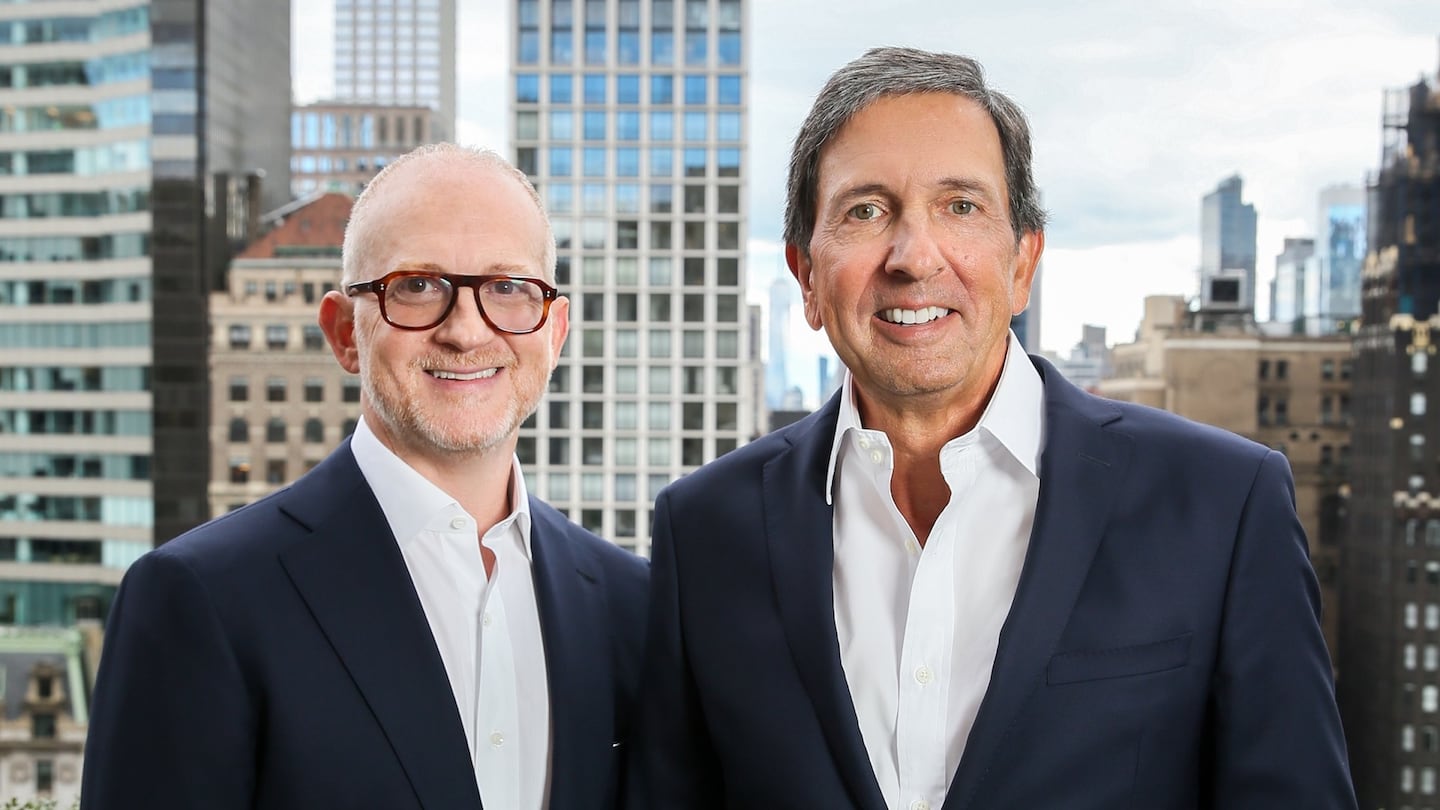
The Business of Fashion
Agenda-setting intelligence, analysis and advice for the global fashion community.

Agenda-setting intelligence, analysis and advice for the global fashion community.

Michael Kors announced a new chief executive on Tuesday, kicking off a leadership transition at a critical moment for parent company Capri Holdings, which is starting to make progress in a years-long effort to reposition its largest brand as a true luxury label.
Former Coach chief executive Joshua Schulman will succeed John D. Idol as chief executive of Michael Kors, with plans for him to also succeed Idol in his role as group CEO in September 2022. The American conglomerate’s portfolio also includes Versace and Jimmy Choo.
Schulman is joining a brand on the upswing. During the pandemic, Michael Kors cut back on inventory, reduced discounts, closed stores and pulled out of some third-party retailers, while boosting sales of more expensive items, all in an effort to shed its image as a brand whose bags can easily be found on discount or in outlet malls.
While revenue across Capri’s three brands plunged 27 percent to $4.1 billion in the year ending in March, a rebound in luxury spending has more recently buoyed the group. At Kors, gross margins increased “significantly” in the most recent quarter as the brand produced fewer items and carefully managed inventory, Capri chief operating officer and chief financial officer Tom Edwards said on a July call with analysts. Its less trend-driven “signature” line represented 36 percent of total revenue, up from 30 percent during the same period in 2020.
ADVERTISEMENT
Idol said on the same call that prices will continue to increase and the company has no plans for significant discounts going forward. “We’re raising prices on Michael Kors,” he said. “We’re going to raise prices again for spring season next year — prices are going to go up considerably. And also at Jimmy Choo.”
At an investor day presentation in June, Idol and other company leaders said Capri is targeting $7 billion in revenue after 2023. It is also aiming for a group operating margin of about 20 percent. Progress at Michael Kors, which represented 72 percent of total group sales in the year ending in March, is key to those goals. The strategy for Kors involves doubling the share of e-commerce sales to surpass $1 billion, doubling the share of sales in Asia to also surpass $1 billion, expanding the men’s category and optimising its consolidated global store network. The brand is planning that by the time it surpasses pre-pandemic revenue levels (which reached $4.2 billion in the year ending March 2020), it will do so with a higher operating margin of 25 percent, versus 20 percent pre-pandemic.
Schulman’s experience in luxury — and in overseeing a similar turnaround at Coach — was likely a selling point for his hire. The former Gucci executive and Bergdorf Goodman CEO was also previously the CEO of Jimmy Choo. He departed Tapestry last year, where he oversaw Coach as it revamped itself to boost digital sales, grow its business in China and expand into new product categories.
“I look forward to partnering with Josh on the overall strategic direction for the group as well as on potential strategic acquisitions,” Idol said in a statement.
Idol has led Michael Kors since 2003 and oversaw the acquisitions of Jimmy Choo in 2017 for $1.2 billion and Versace in 2019 for $2.12 billion as sales slid at Kors. Both brands have retained their previous leaders, and operate largely independently.
“We are creating a global fashion luxury group and I admire what LVMH and Kering in particular have done in building a group that has taken brands that have history and heritage and helping foster that growth,” Idol told BoF in 2017. “We have identified a focus on international fashion brands that are industry leaders in style and trend.”
Simeon Siegel, senior analyst at BMO Capital Markets, wrote in a note that Idol “deserves clear credit” for his work building the multi-billion dollar revenue-driving Michael Kors brand, and for assembling a portfolio of quality brands. “Through a strategic focus on channel (direct-to-consumer, wholesale and notably licensing), product and geographic diversification, he built [Capri] from the ground up and passes the baton to a very well-respected leader at an exciting time,” Siegel wrote.
Related Articles:
ADVERTISEMENT
Versace’s New Owner Plans to Build America’s Answer to LVMH. It Has a Long Way to Go.
The fashion giant has been working with advisers to study possibilities for the Marc Jacobs brand after being approached by suitors.
A runway show at corporate headquarters underscored how the brand’s nearly decade-long quest to elevate its image — and prices — is finally paying off.
Mining company Anglo American is considering offloading its storied diamond unit. It won’t be an easy sell.
The deal is expected to help tip the company into profit for the first time and has got some speculating whether Beckham may one day eclipse her husband in money-making potential.